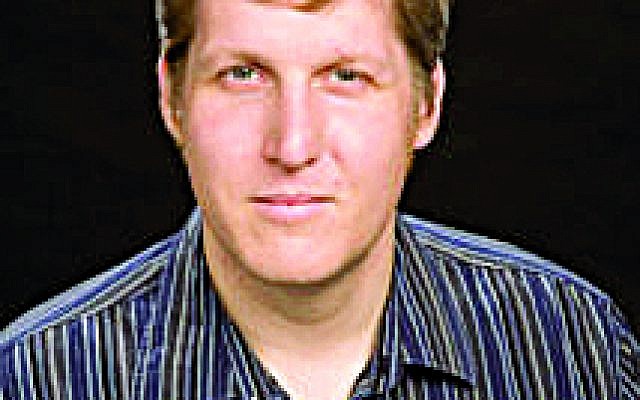High Holiday Reflection 5779
Rabbi Laurence Rosenthal is a rabbi at Ahavath Achim Synagogue.
Rabbi Laurence Rosenthal serves Ahavath Achim Synagogue in Buckhead.
Way before any of us were ever born, each year’s Yom Kippur that we will ever observe throughout our lives is set. Unlike other holidays that have an actual historical event that we celebrate or commemorate, noting either gratefulness or sorrow for our history (Passover = exodus from Egypt; Tisha B’Av = destruction of the Jerusalem Temple; Tu B’shevat = New Year for trees), Yom Kippur is completely contingent on us today and our failings over the past year. That’s a bit pessimistic, isn’t it? An infant isn’t even given a chance. From birth, the days on which that baby will seek forgiveness are assigned.
We are all preordained to mess up, and the day on the calendar when we stand before Hakadosh Baruchu, repentant and seeking forgiveness, is assigned for each year of our lives. Why is this? Shouldn’t we check in a few weeks after Yom Kippur and see how things are going before we decide that an entire day of fasting and solemn reflection is needed for the coming year? That’s not the way it works. Yom Kippur is assigned the 10th day of Tishrei and those dates are assigned before we even have something to say sorry for.
The reason for this isn’t a negative statement about human beings or a stain on the human spirit. Instead, our missteps, or errors, our sins, if you will, are part and parcel of the human condition. In fact, I posit that part of a healthy spiritual journey is about navigating, learning from and rising above these sorts of stumbles in life. This is why our tradition lays out each and every Yom Kippur we will ever observe.
I am often asked, “If God doesn’t want us to sin, why did God give us free will?” I don’t believe that God wants us to be perfect. It is through our missteps along the journey that we find our own voices and ourselves. It is through the stumbles in the expedition of life that we learn how to encounter other individuals, fallible as we are, and see the spark of God within them.
God doesn’t want us to be perfect. God just wants us to be honest, humble and experience growth when we have erred, and strive to make ourselves and the world a little bit better.
We stand at Yom Kippur contrite, but knowing that this moment is not only about the past that we reflect on, but also critical for the bold year to come. Let’s make 5779 something worth a few good missteps. God will be waiting to see us next Yom Kippur – let’s have something to talk about!




comments